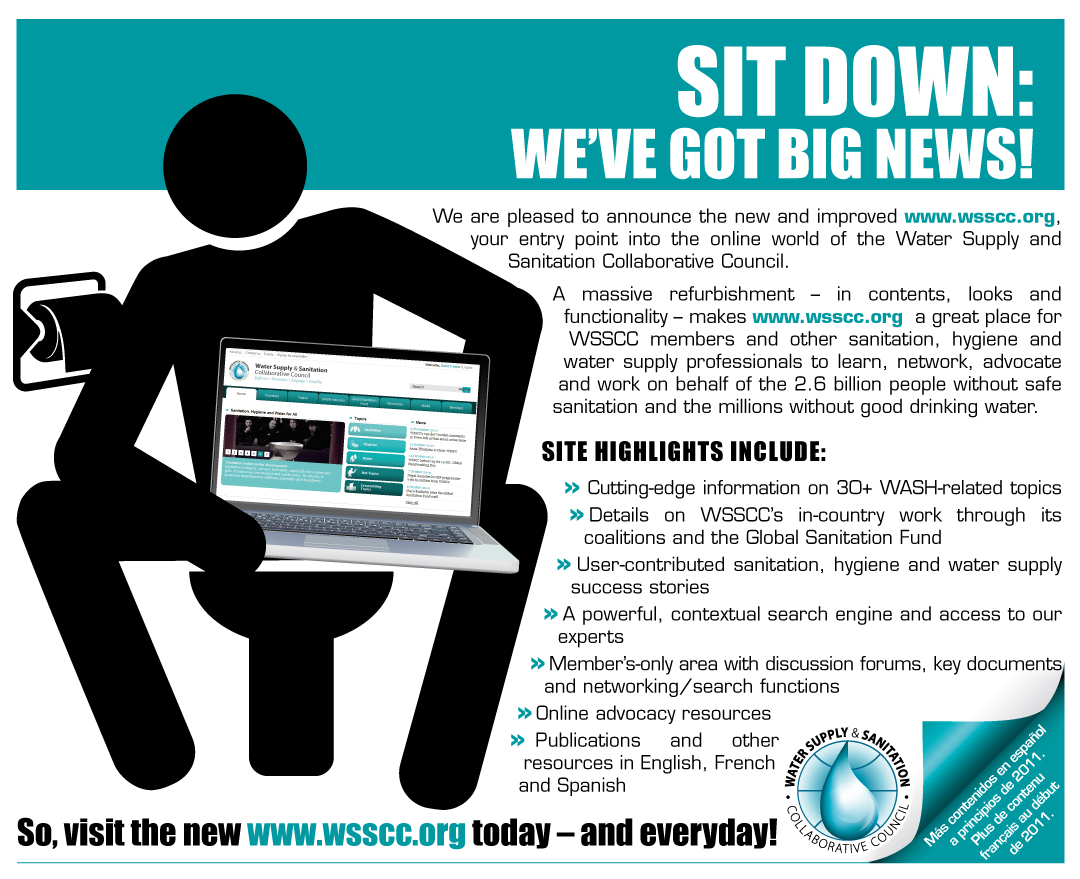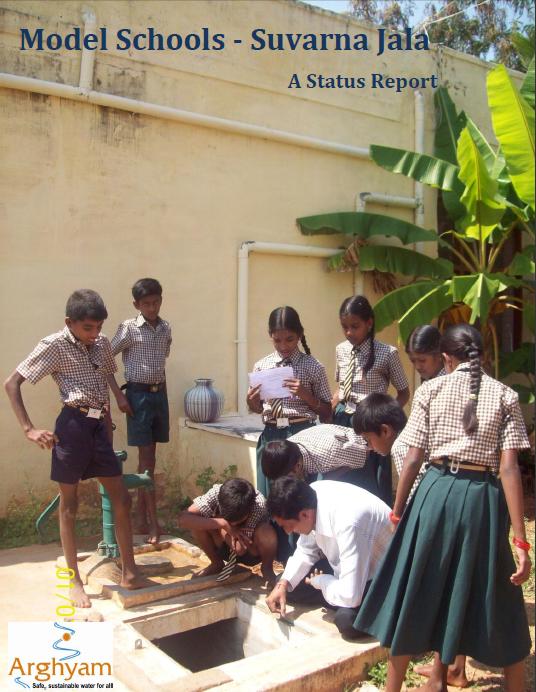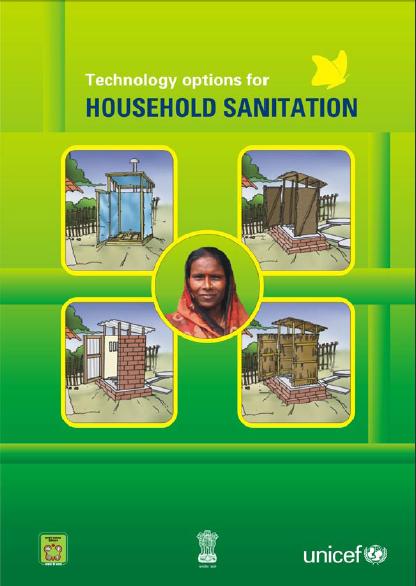Sanitation and Hygiene
Water Supply and Sanitation: India Assessment – A WHO-UNICEF sponsored study by the Planning Commission of India
Posted on 19 Nov, 2010 08:52 PMThis country-level report on the assessment of drinking water supply and sanitation in India is the result of a collaborative exercise between the Planning Commission of India, the World Health Organization (WHO), and the
New and improved WSSCC website
Posted on 18 Nov, 2010 04:43 PMArticle and Image Courtesy: Water supply and Sanitation Collaborative Council

We are pleased to announce the new and improved, your entry point into the online world of the Water Supply and Sanitation Collaborative Council.
News roundup (8-15 November 2010) :"India proposes a new emission check system" and News round-up on the floods
Posted on 17 Nov, 2010 06:08 PMClimate Change
Environment
Evaluation of sanitation and wastewater treatment technologies: Case studies from India
Posted on 15 Nov, 2010 11:52 PMThe sanitation systems studied are spread across the country. The study goes to Pratapnagar in Bihar to evaluate the success of the septic tank to Asalthpur in Uttar Pradesh to study the Ecosan (UDDT) toilet. Other locations in India include Maharashtra, Gujarat, Kerala.
Model Schools: Suvarna Jala - A status report by Arghyam (2009)
Posted on 15 Nov, 2010 10:46 PM This is a status report of Arghyam's sponsored efforts to develop and showcase community managed water and sanitation systems in 17 schools of 7 districts of Karnataka.
This is a status report of Arghyam's sponsored efforts to develop and showcase community managed water and sanitation systems in 17 schools of 7 districts of Karnataka.
The Government of Karnataka through its Suvarna Jala Yojana aims at providing drinking water in 23,683 rural government schools. This was funded to the tune of Rs 7735 lakh. Arghyam conducted a survey of this scheme in 2007 in 7 districts to ascertain the status of the scheme. The survey found out that out of the 1269 rainwater harvesting structures completed by November 2006 only 140 structures were functional.
Technology options for household sanitation - A report by the Ministry of Rural Development and UNICEF
Posted on 15 Nov, 2010 10:14 PM As part of the Total Sanitation Campaign (TSC), the Ministry of Rural Development under the Rajiv Gandhi National Drinking Water Mission and UNICEF have brought out a compedium that details the various sanitation technologies available to above and below poverty line households .
As part of the Total Sanitation Campaign (TSC), the Ministry of Rural Development under the Rajiv Gandhi National Drinking Water Mission and UNICEF have brought out a compedium that details the various sanitation technologies available to above and below poverty line households .
The authors have divided the report into three subjects - the first being the need for household sanitation and the extent of the problem in rural India. The second section looks at sanitation technology in general with a focus on rural areas and technologies for different conditions. The third part deals with operation and maintenance of such technologies and includes a chapter on components of a toilet.
Dutch WASH Alliance is looking for Programme Manager
Posted on 12 Nov, 2010 04:11 PMContent and Image Courtesy: OneWorld
Starting January 2011, the "Dutch WASH Alliance" with its public and private sector partners, will execute a five-year programme focusing on water, sanitation and hygiene (WASH) spanning 11 countries in Africa and Asia. The programme is co-financed by the Netherlands' Ministry of Foreign Affairs. Member organisations of the Dutch WASH Alliance are AKVO, AMREF Flying Doctors, ICCO, RAIN, SIMAVI and WASTE.
Tell us a story - Source contest extended into 2011
Posted on 12 Nov, 2010 03:29 PMContent and Image Courtesy: IRC International Water and Sanitation Centre

The Source story contest of 2010 has been so successful that the contest will continue in 2011. So far in 2010, 25 stories have been submitted and 12 ‘winners’ have been published.
Status of water supply, sanitation and solid waste management in urban areas – A research study by CPHEEO (2005)
Posted on 11 Nov, 2010 10:16 PMThis study by the Central Public Health and Environmental Engineering Organisation (CPHEEO) assesses the status of water supply, sanitation and solid waste management in selected 300 cities and towns of India including all metropolitan cities and selected Class I and Class II urban centres. It estimates the requirement of funds for full coverage of population by these services in the urban areas of the country from 1999 to 2022 (at five yearly intervals). Overall, the study confirms the normal notion that the metropolitan cities are better provided for than the other size class of urban centres.
Call for Papers: 35th Water, Engineering and Development Centre (WEDC) International Conference
Posted on 04 Nov, 2010 10:46 AMContent and Image Courtesy: Water, Engineering and Development Centre (WEDC)
The future of water, sanitation and hygiene in low-income countries: Innovation, adaptation and engagement in a changing world.





